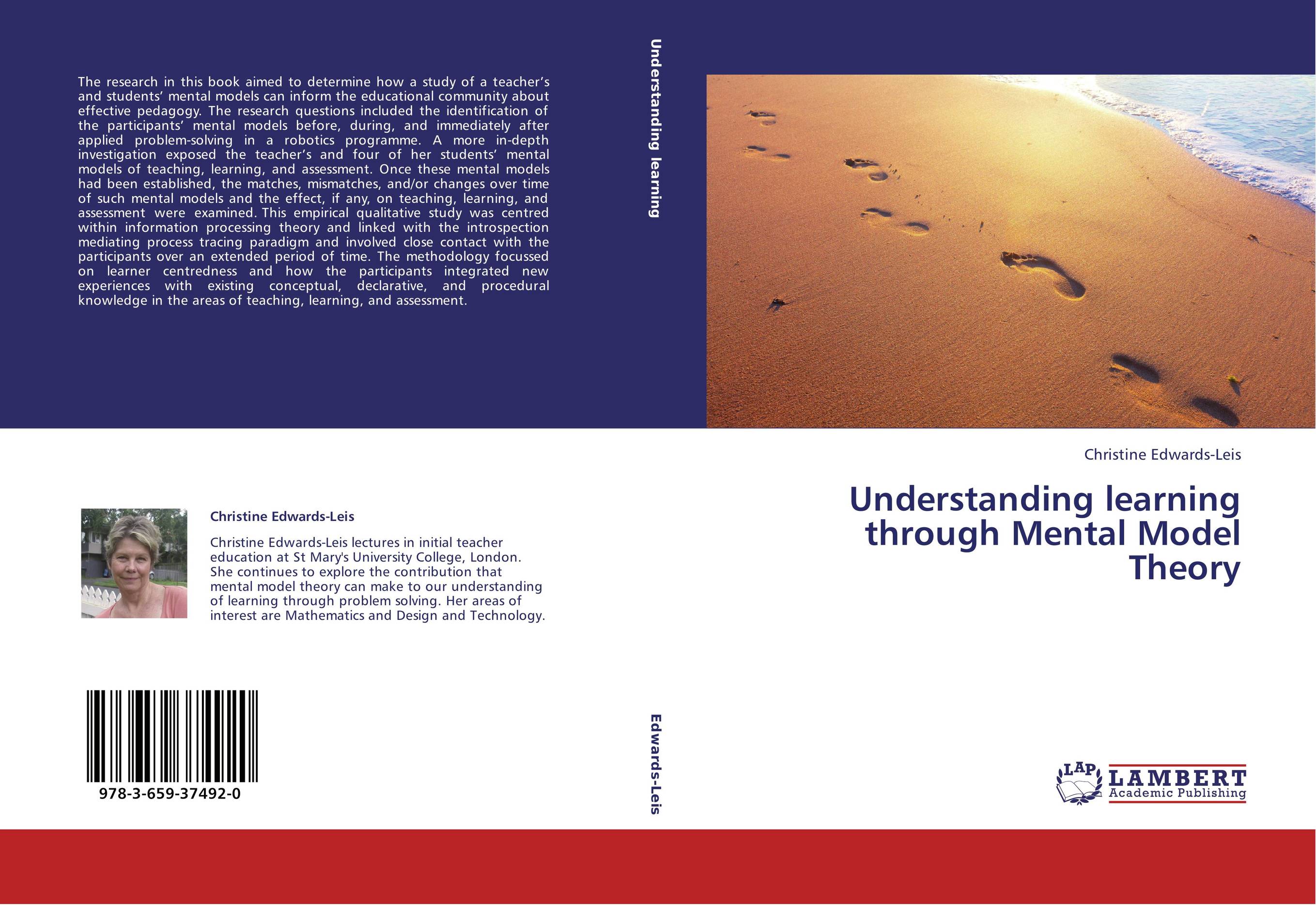| Поиск по каталогу |
|
(строгое соответствие)
|
- Профессиональная
- Научно-популярная
- Художественная
- Публицистика
- Детская
- Искусство
- Хобби, семья, дом
- Спорт
- Путеводители
- Блокноты, тетради, открытки
Understanding learning through Mental Model Theory.

В наличии
| Местонахождение: Алматы | Состояние экземпляра: новый |

Бумажная
версия
версия
Автор: Christine Edwards-Leis
ISBN: 9783659374920
Год издания: 2013
Формат книги: 60×90/16 (145×215 мм)
Количество страниц: 408
Издательство: LAP LAMBERT Academic Publishing
Цена: 47383 тг
Положить в корзину
Позиции в рубрикаторе
Сферы деятельности:Код товара: 123191
| Способы доставки в город Алматы * комплектация (срок до отгрузки) не более 2 рабочих дней |
| Самовывоз из города Алматы (пункты самовывоза партнёра CDEK) |
| Курьерская доставка CDEK из города Москва |
| Доставка Почтой России из города Москва |
Аннотация: The research in this book aimed to determine how a study of a teacher’s and students’ mental models can inform the educational community about effective pedagogy. The research questions included the identification of the participants’ mental models before, during, and immediately after applied problem-solving in a robotics programme. A more in-depth investigation exposed the teacher’s and four of her students’ mental models of teaching, learning, and assessment. Once these mental models had been established, the matches, mismatches, and/or changes over time of such mental models and the effect, if any, on teaching, learning, and assessment were examined. This empirical qualitative study was centred within information processing theory and linked with the introspection mediating process tracing paradigm and involved close contact with the participants over an extended period of time. The methodology focussed on learner centredness and how the participants integrated new experiences with existing conceptual, declarative, and procedural knowledge in the areas of teaching, learning, and assessment.
Ключевые слова: Assessment, teaching, Robotics, Problem Solving, Mental models, Learning, stimulated recall



